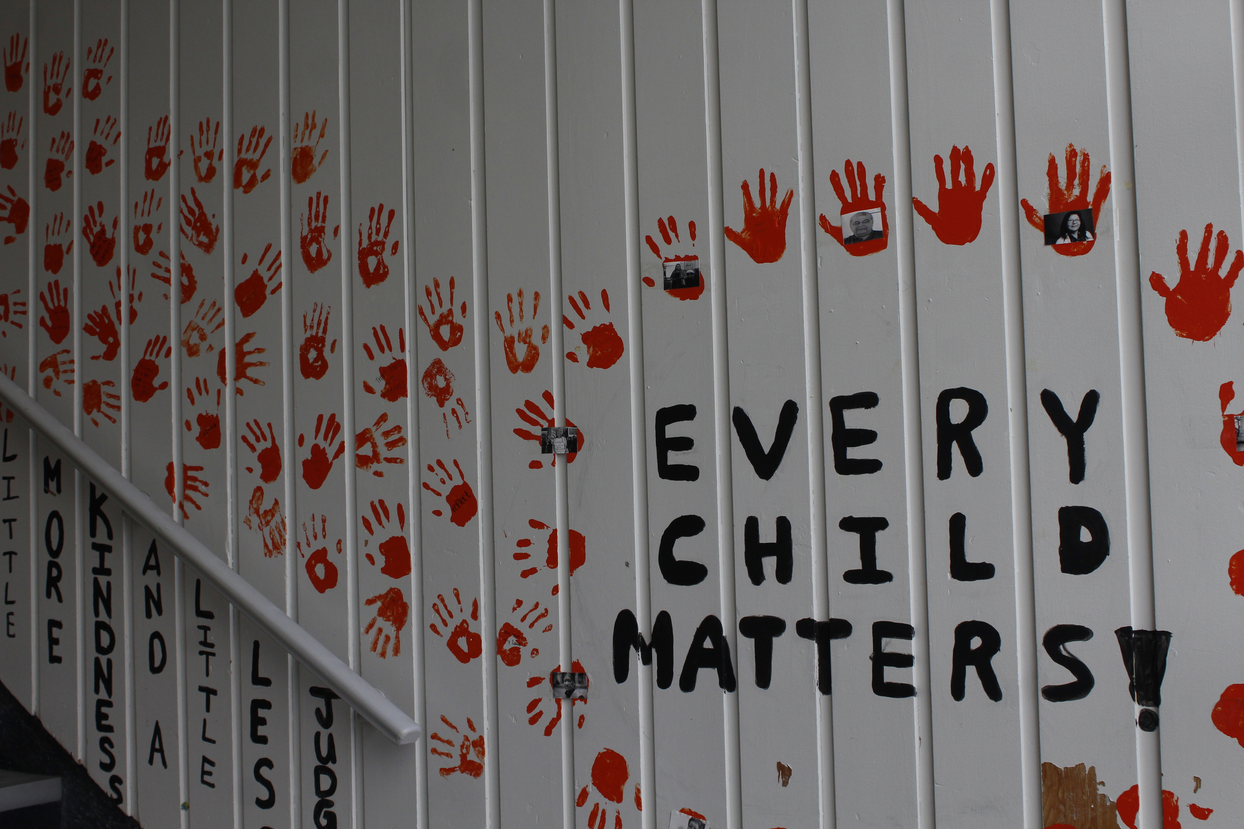
Simon Ing, Grade 11

Earlier this year, the BC Ministry of Education announced an addition to high school graduation requirements. Starting with the graduating Class of 2024, students must complete four credits of Indigenous courses before graduating, with options such as Indigenous Studies 12 and various Indigenous language courses. This mandate will apply to all high school students attending public, independent, and offshore schools in British Columbia, the first Canadian province to institute a policy of this nature.
According to the province, this move aims to deepen understanding of Indigenous peoples and provide broader knowledge of Indigenous Peoples’ perspectives, histories, and cultures. To examine the reception to this new requirement, I distributed a school-wide survey, receiving over 60 responses from Grade 8-10 students, parents, and teachers. Although the sample size was relatively small, the data revealed key trends. Many respondents acknowledged the rationale behind these classes while expressing concern. Over 70% of the students who participated in the survey anticipated detrimental effects to their timetable, including a participant who proposed introducing the amendment in future years instead. Another student stated that “integrating indigenous culture into our studies is empowering” but felt that it adversely affected “those who have to change their schedule.” A parent questioned the need for this change, citing existing forms of indigenous education, such as acknowledgments at assemblies, provincial assessment integration, and elementary school content.
Another apparent inclination is the lack of student engagement in these classes. Over two-thirds of the respondents listed an “interest rating” of 2 or lower on a 5-point scale, which jeopardizes the effectiveness of these classes due to the reliance education places on student involvement. Several participants suggested offering more optional electives instead, saving resources and benefiting those interested while raising the overall efficacy of the initiative. Expanding Indigenous content within the existing Social Studies curriculum was also put forth as a preferred alternative, since Social Studies courses are already mandatory; a shift in class content would be significantly less disruptive to timetables.
Despite the concerns, many are excited, including a student that responded, “it is very important for students to learn about indigenous history.” Grand Chief Stewart Phillip, a pivotal voice in the First Nations community, is encouraged and hopeful for students to learn about the role of Indigenous people in the formation of the province. Tyrone McNeil, president of the First Nations Education Steering Committee, described the requirement as a “win-win” for both Indigenous and non-Indigenous students. Additionally, a teacher who completed the survey referenced the educational benefits of a varied course load, affirming that exposure to a wide variety of topics will have a beneficial effect.
Although students may not initially embrace these new classes, the apprehension can be attributed to unfamiliarity, anxiety, and redundancy. Ultimately, this is a constructive step towards truth and reconciliation, the success of which will be determined by student perception as the program progresses.